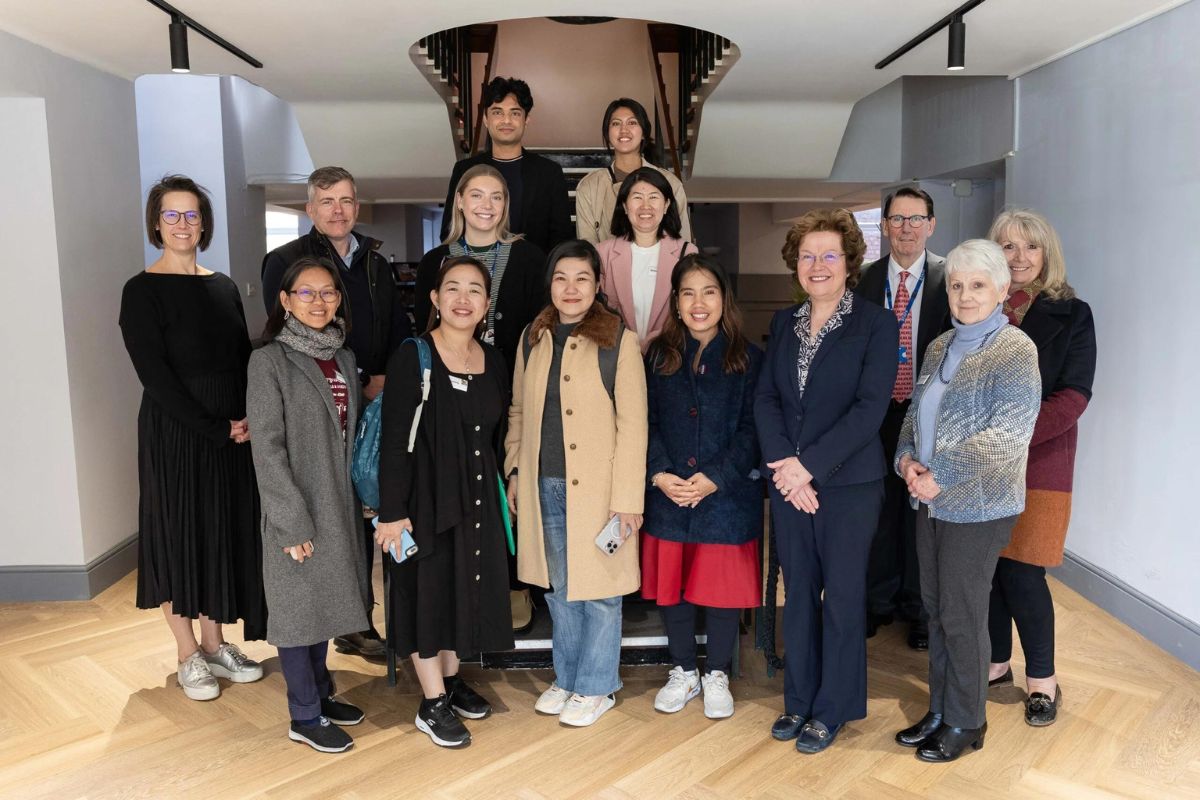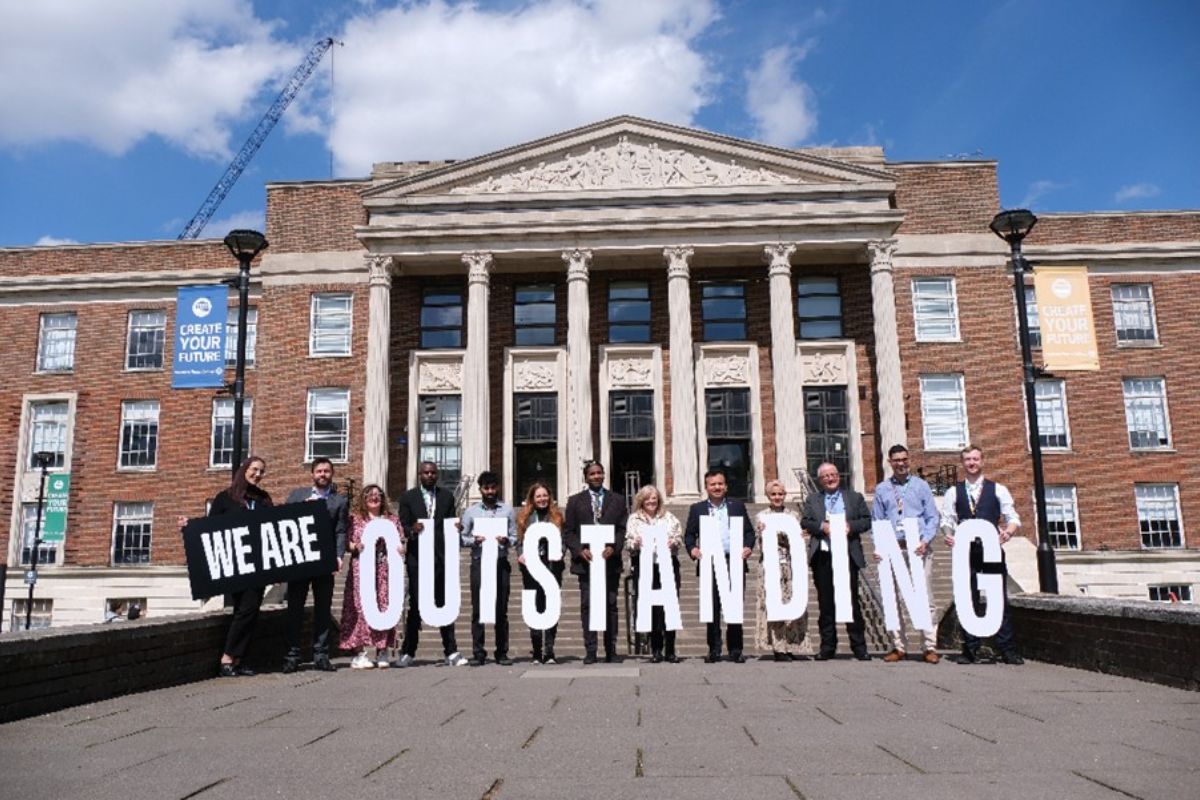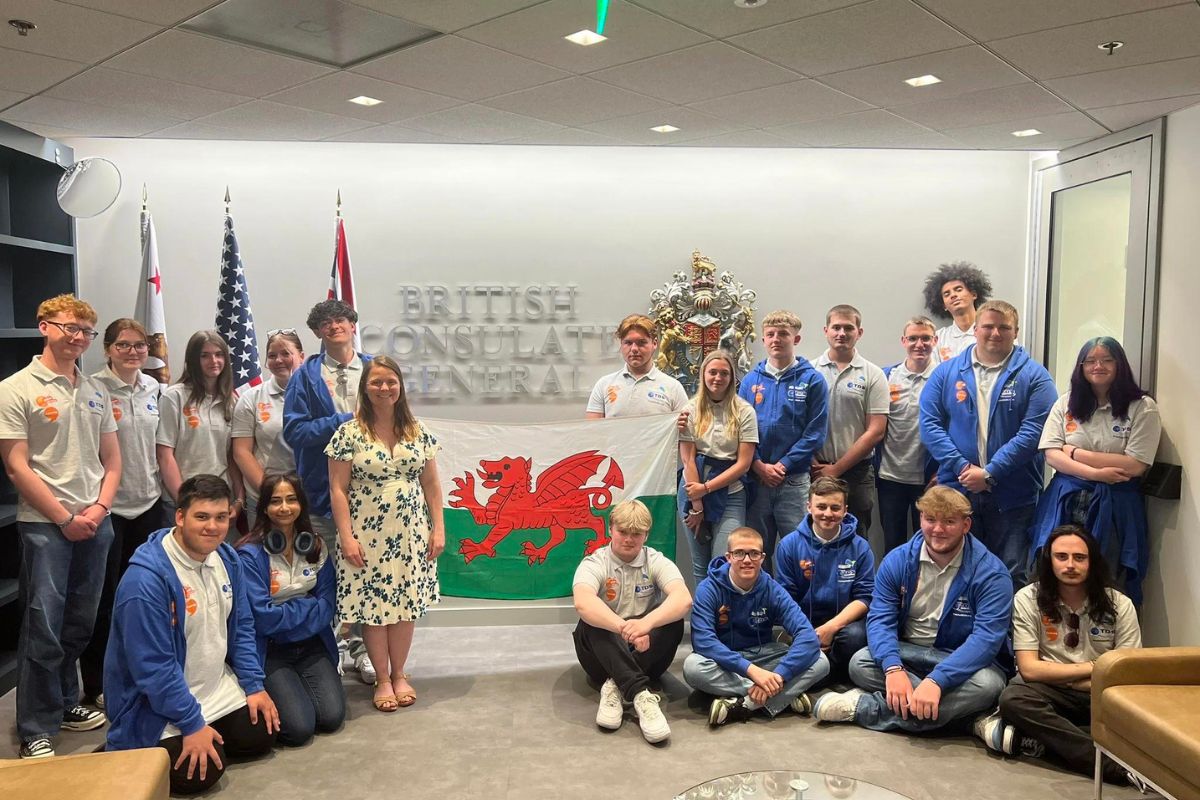Investing in tomorrow’s workforce today: How tutoring can help solve the skilled labour shortage

The labour market in the UK is at a crossroads. Businesses and the public sector are still grappling with a chronic worker shortage, making it harder to recruit enough skilled workers to fill open roles.
According to the Open University’s 2022 Business Barometer, more than two-thirds (68%) of the UK’s small-medium businesses are currently facing skills shortages. This figure rises to 86% of large organisations and the knock-on effect is reduced output, profitability or growth.
The challenge persists as the economy faces the triple threat of rising inflation, sluggish growth, and post-pandemic disruption.
With the nation’s economists and labour experts working around the clock to find a way to tackle the lingering labour challenge, there is a medium to long-term solution that could prove beneficial to the economy beyond the stop-gap measures – supporting students at crucial points in their education.
What’s the cost of inaction?
A Learning and Working Institute report found that the skills shortage is expected to cost the country £120 billion by 2030. It also predicts a shortfall of 2.5 million highly skilled workers in seven years.
The big question remains: why aren’t we tapping into the unlocked potential of the next generation and how can we achieve this?
The young people in schools today are the future workforce so it should be in the interest of the business community to want to support young people in any way to excel. One practical thing is for people in business to volunteer as tutors to ensure the workforce of tomorrow gets the maths and English qualifications needed to move into further education or employment.
Susannah Hardyman, founder and CEO of Action Tutoring, in a recent Facebook Live interview.
Each year tens of thousands of young people slip through the net and end up as not in education, employment, and training (NEET) simply because they couldn’t get a pass grade in their English or maths GCSE. New figures from the Office of National Statistics estimate that over 788,000 people across the UK are NEETs and each individual is estimated to cost the economy £120,000 over the course of their lifetime.
Education in this country is unfair
Most NEETs are far more likely to be from disadvantaged backgrounds and lacked access to the tools and resources to support their learning and pass their final examinations. The opportunities for disadvantaged young people will continue to be hampered without equal access to the quality and holistic education many of their better-off peers benefit from.
A proven solution for moving young people from at risk of failing their exams to passing is consistent, tailored, and quality tutoring to augment learning in the classroom. According to Action Tutoring’s analysis, 72% of disadvantaged pupils passed their maths GCSE after attending at least 10 tutoring sessions, despite two years of pandemic disruption and being at risk of failing to pass. This is a clear example of what is possible if tutoring is entrenched as a permanent fixture for all disadvantaged young people in schools.
Over 70% of NEET individuals can be supported to progress into employment, training, or education to fill the existing gaps in the labour market. If we fail to catch ‘at risk’ pupils soon enough, we are losing a prized opportunity to tackle the labour shortage hurting our economy, according to the Bank of England.
The role of business
Businesses are directly affected by the skilled talent deficit as the problem doesn’t only impact staffing strength but also the supply chain network, overall productivity and customer experience. Long delays in delivery time and underwhelming output are likely to affect multiple sectors until more workers are hired to fill the gaps.
A number of proposals have been floated by economic researchers and business owners including upskilling or reskilling prospective workers, expanding temporary work visas, increasing wages and Jeremy Hunt’s continuing appeal for retired and post-work citizens to rejoin the labour force.
To stay proactive and ahead of the curve, the onus is on businesses to adapt to the changing dynamics of the labour market and employ novel strategies to help address the problem.
The shift towards hiring more younger talents straight out of high school is already happening. The Financial Times reported that as the skills shortage bites, UK employers are looking to diversify their hiring streams. About 23 per cent of companies surveyed by the Institute of Student Employers plan to “rebalance” hiring from university graduates to young people with only high school level education.
It’s in the best interest of businesses and industry to support the hundreds of thousands of young people who fail to meet national standards in English and maths, often set as a minimum requirement for job applications. This can be achieved by embedding volunteer tutoring of primary and secondary pupils into their corporate strategy to help nurture talent.

Leading by example
One business that has successfully embedded volunteer tutoring of young people into its community engagement strategy is Arup, a global sustainable development consultancy. By tutoring young children for an hour each week, their employees are not only imparting knowledge but also using the opportunity to encourage more young people to consider pursuing careers in Science, Technology, Engineering, and Mathematics (STEM).
The business is using its public-facing interaction with young people to identify, nurture and support budding talents who have an interest in engineering, design, and architecture. In turn, it’s helping to jumpstart the careers of young people to potentially benefit the company, the sector and the wider economy in the medium to long term.
Rethink talent strategy
We believe every business should rethink its talent acquisition strategy and play its part in laying the foundations for its future employees. It’s time for brands to become more involved in cultivating talent at the grassroots stage.
Key to the door or having the door slammed in your face?
For young people in school, passing GCSEs is more than just an exam pass, it’s the first rung on the career ladder and the key to the door of opportunity. If businesses invest in young people at school, through volunteer tutoring and mentoring, together we can prevent their transition into economic inactivity.
The link between school and business can be valuable if more people in business go into schools, not only volunteer but also share career experiences with young people. The support is about increasing pupils’ life chances so they can progress into further study and any employment routes of their choice so they are not held back by the barrier of not having the English and maths qualifications employers are looking for. The knock-on effect is that they will contribute to having a ready workforce for the future.
Susannah Hardyman, founder and CEO of Action Tutoring.
Can we really afford to lose a quarter of our future workforce because we didn’t invest the time when it was needed the most?
Partner with Action Tutoring as a business to support more pupils from low-income backgrounds to access additional academic support to progress into further education and employment.
Interested in becoming a corporate partner in volunteering? Find out how here.











Responses